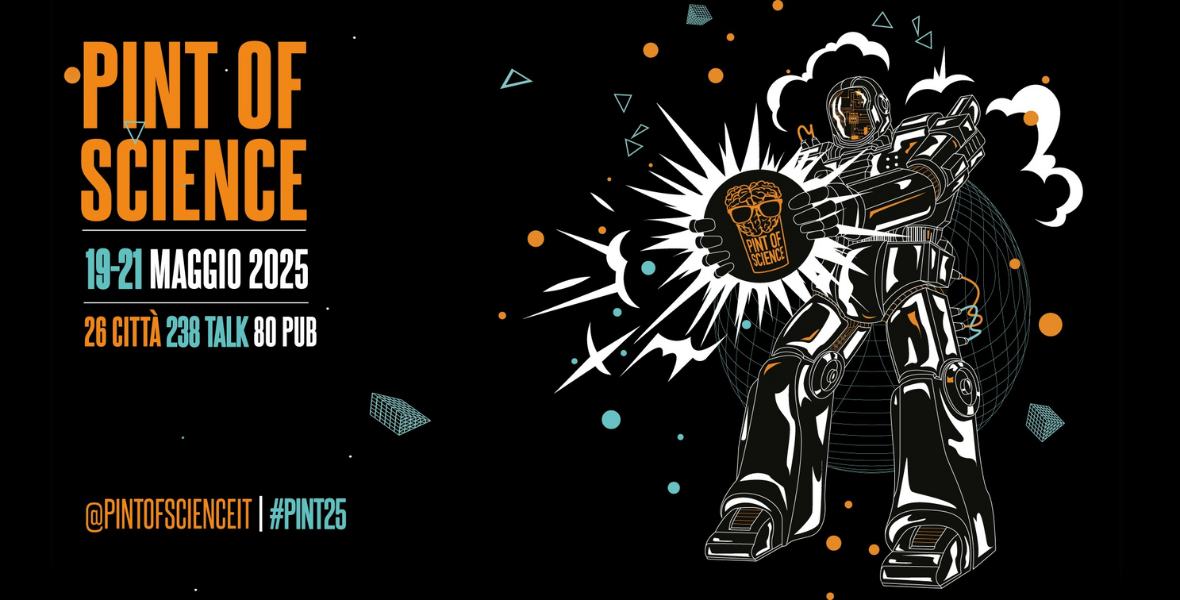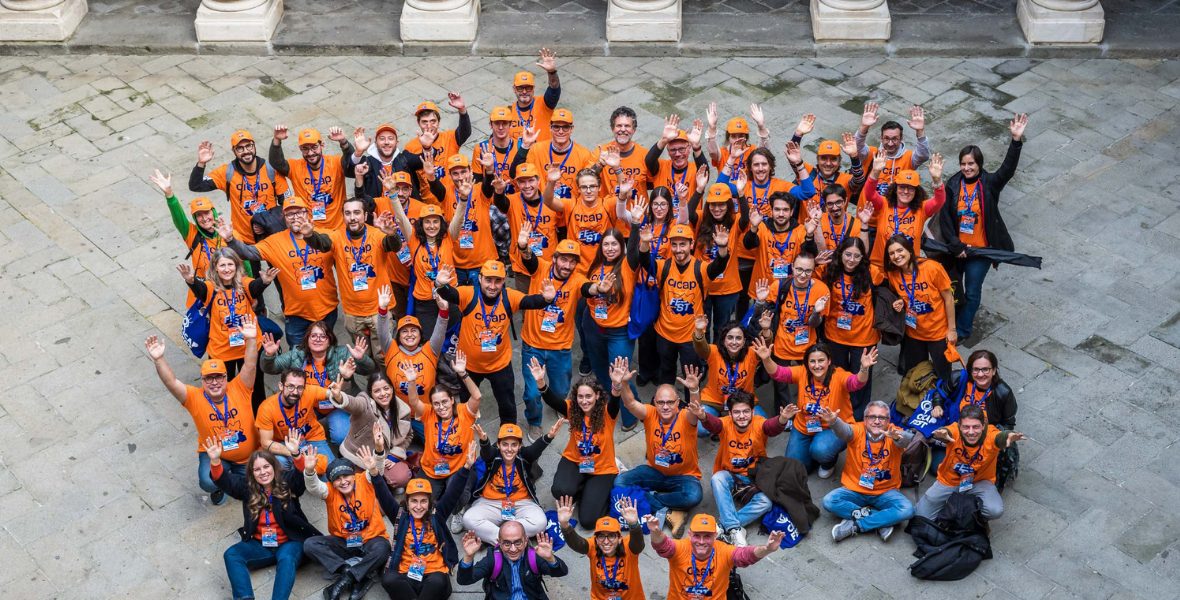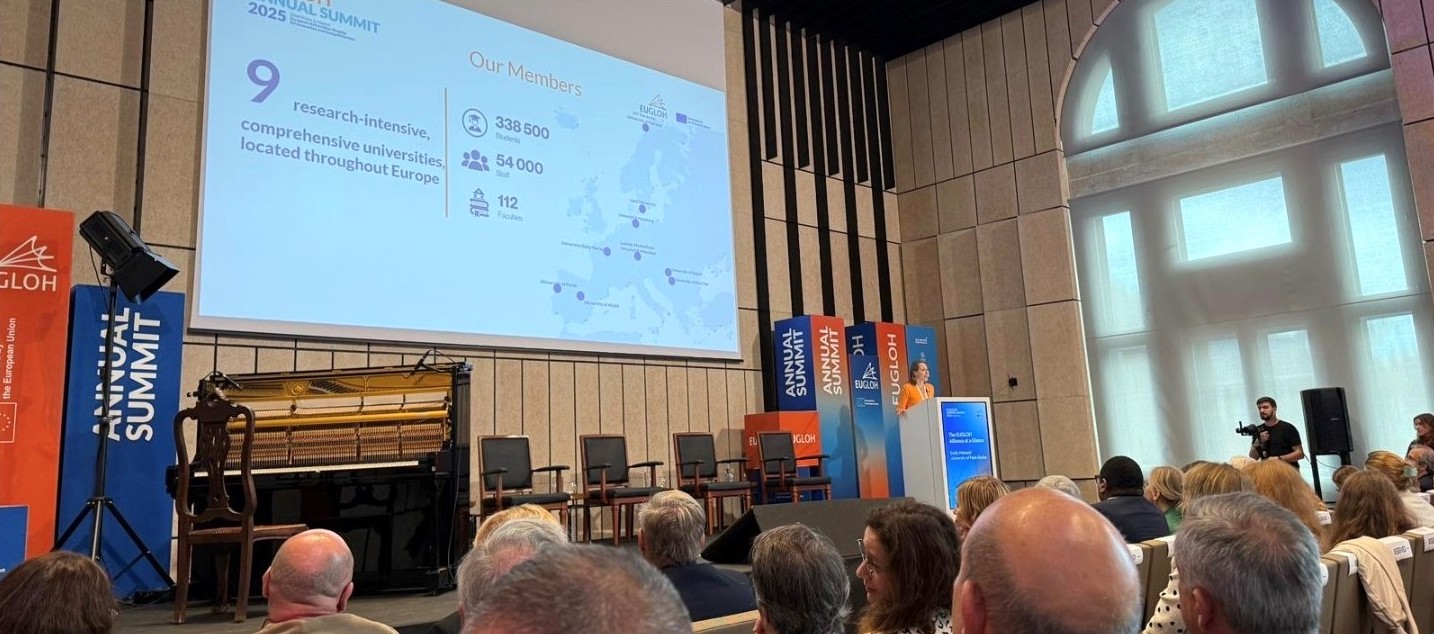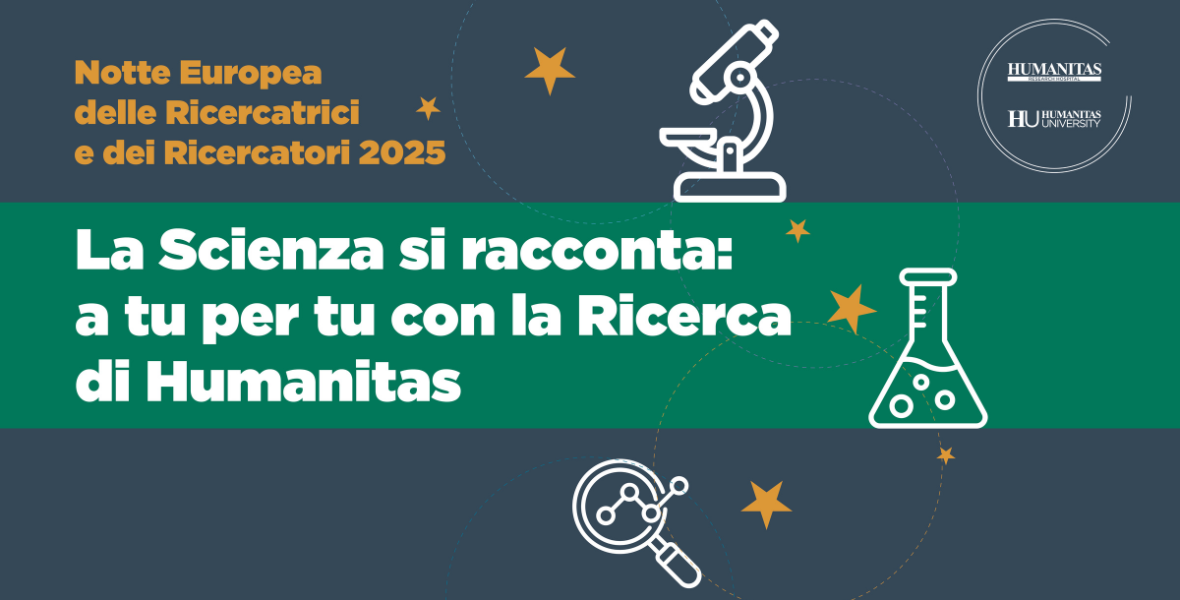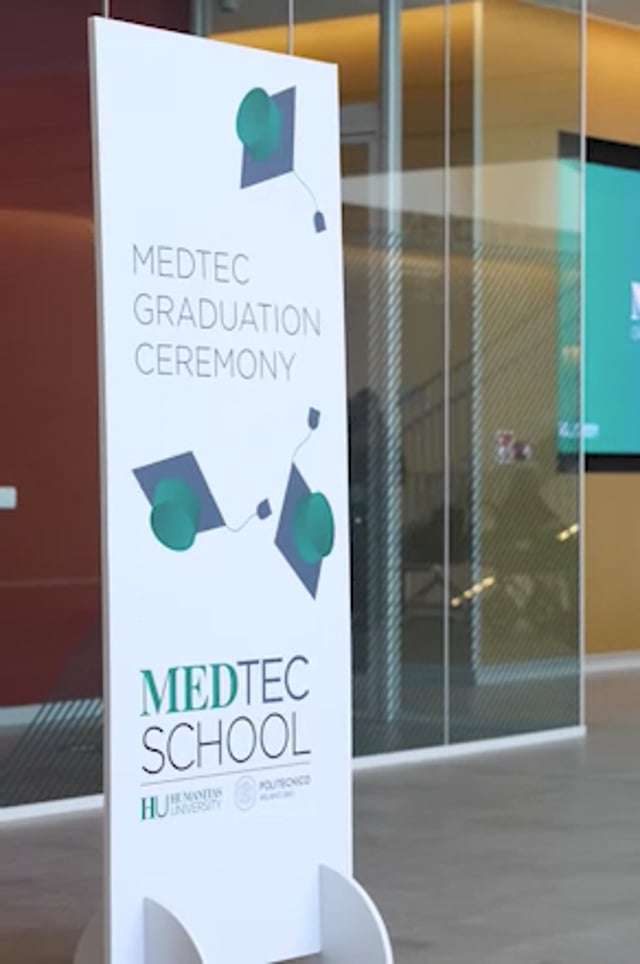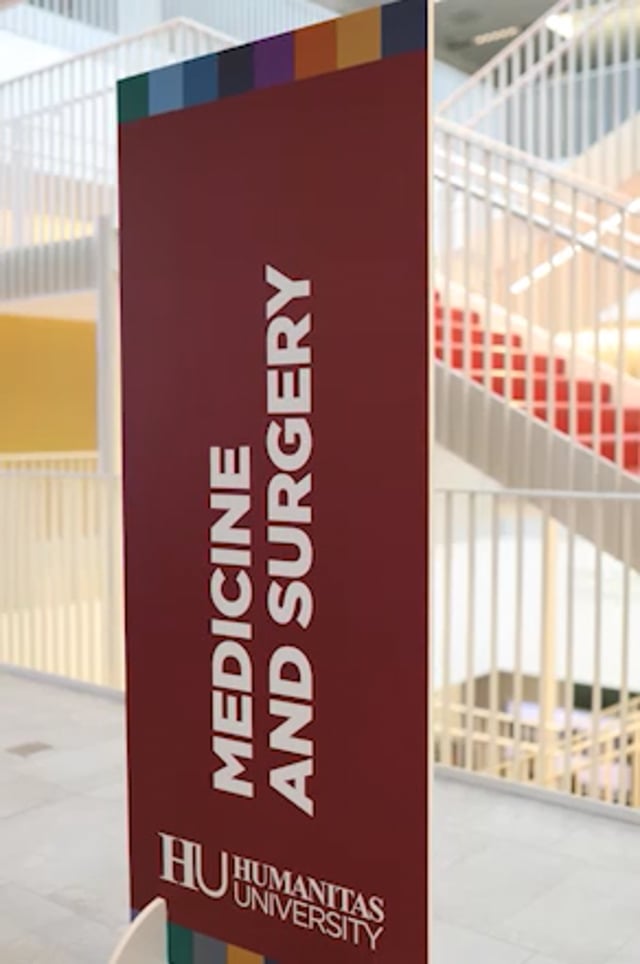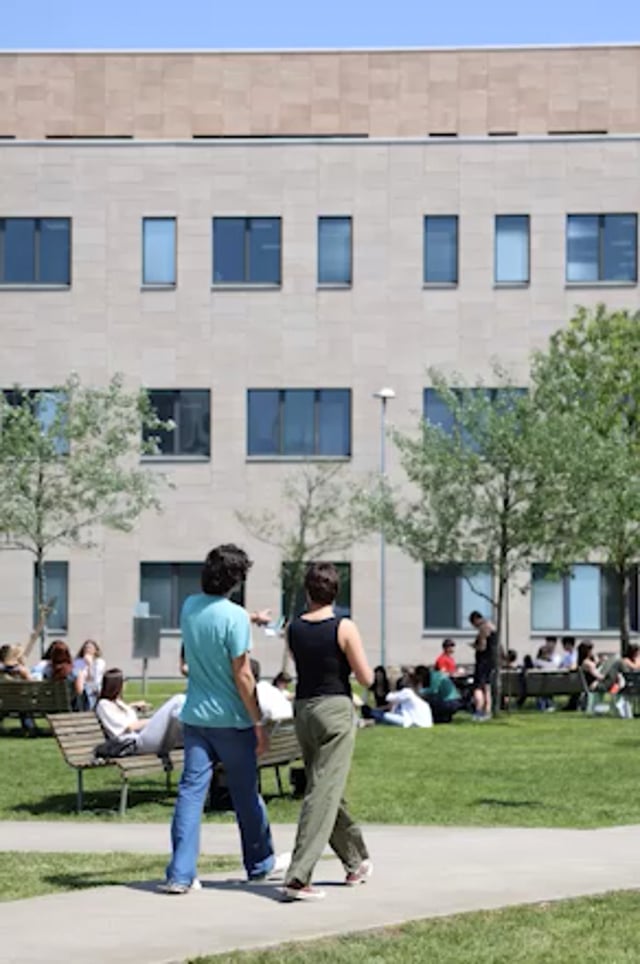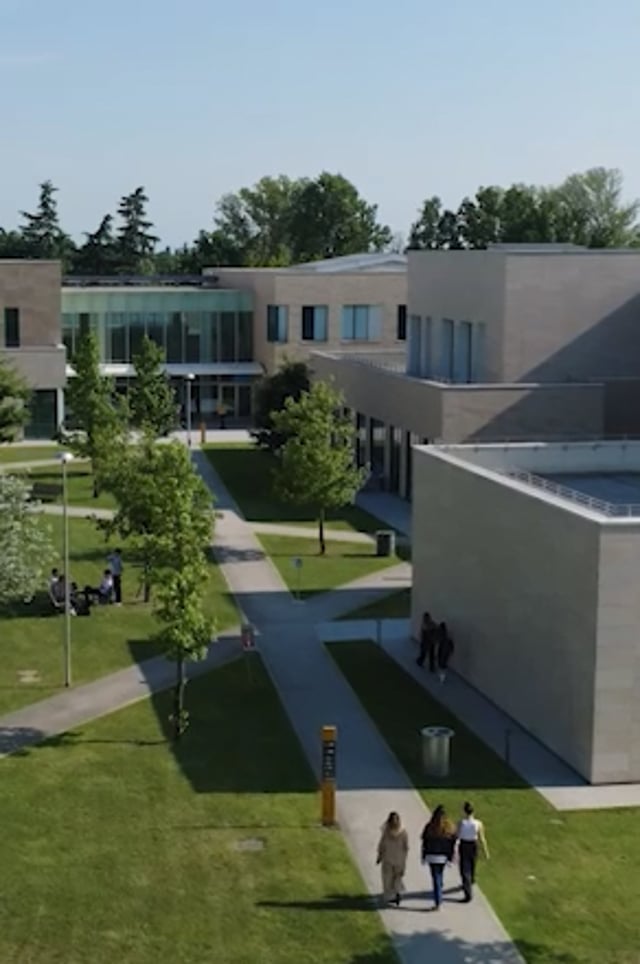For the third consecutive year, Humanitas University is taking part in Pint of Science, the international festival that makes science accessible and engaging by bringing it into pubs around the world.
From 19 to 21 May 2025, the world’s largest science outreach event will take place in thousands of pubs, combining science and conviviality. Born in the UK, this festival aims to bring the public closer to scientific research in a relaxed and informal atmosphere. In Italy, 25 cities and over 75 pubs will be involved, including seven in Milan.
For three evenings in a row, at 7:30 PM, scientists will take off their lab coats to meet a curious audience over a beer, sharing stories and discoveries. Humanitas University will host two unmissable events:
The dopamine circuit and the anticipation of pleasure
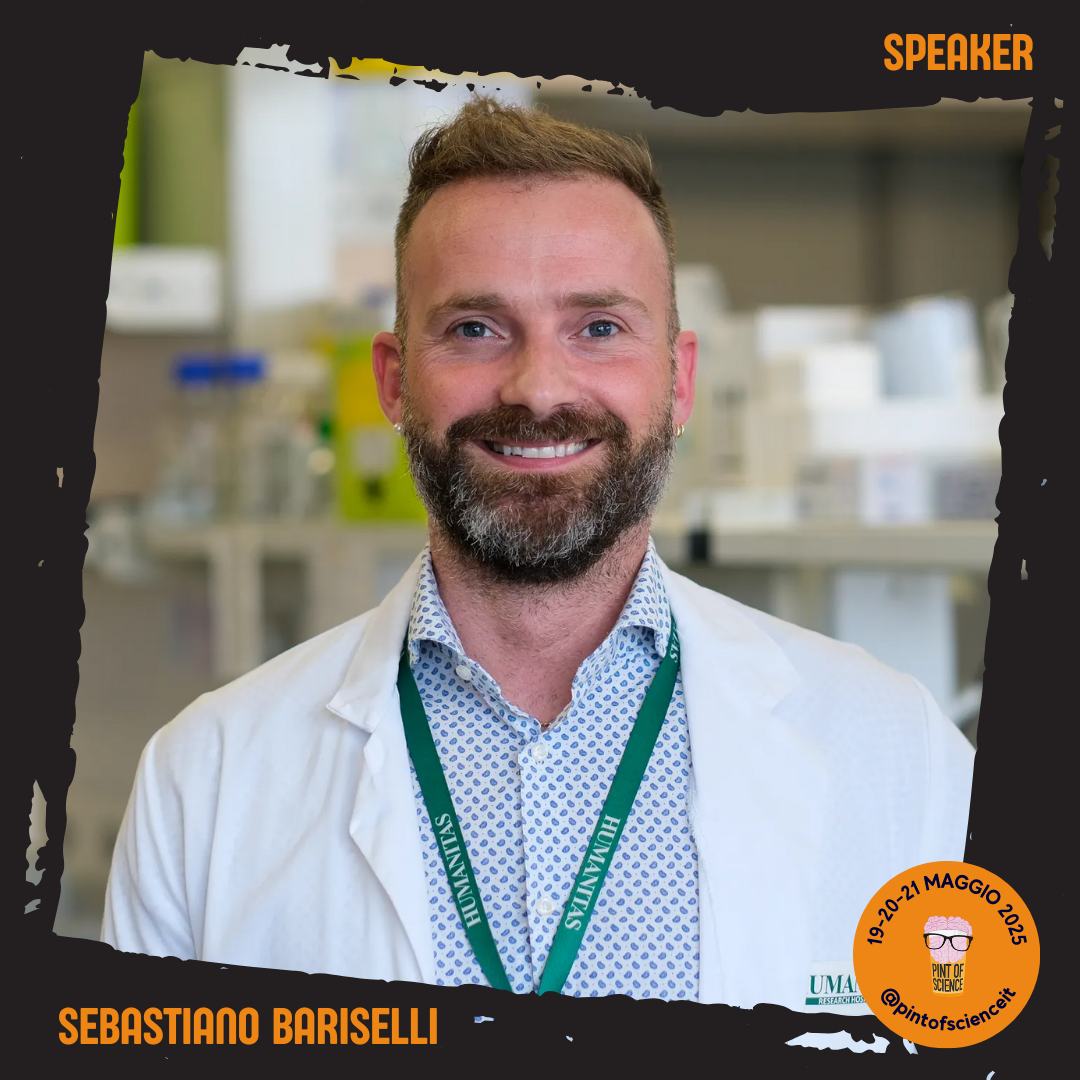
Monday, May 19 – 7:30 PM
HUG – Via Giulio e Corrado Venini 83, Milan.
How do we balance the search for immediate pleasure with long-term goals? What makes chocolate or TV series so irresistible? And how do we define addiction?
It all revolves around a molecule: dopamine, and the brain’s reward circuit. Together we’ll explore how this system influences our daily behavior, what happens when it malfunctions, and how we can manage it.
The event will be led by Sebastiano Bariselli, Assistant Professor at Humanitas University. After earning a PhD in Neuroscience from the University of Geneva, he carried out postdoctoral research at the National Institute of Health (NIH) in the United States, focusing on brain circuits involved in neuropsychiatric disorders and how drugs affect them. Today, he works within the Neuroscience Program directed by Michela Matteoli, studying the development of brain circuits and the mother-child relationship.
Eggshells: evolution, power and peril of pregnancy
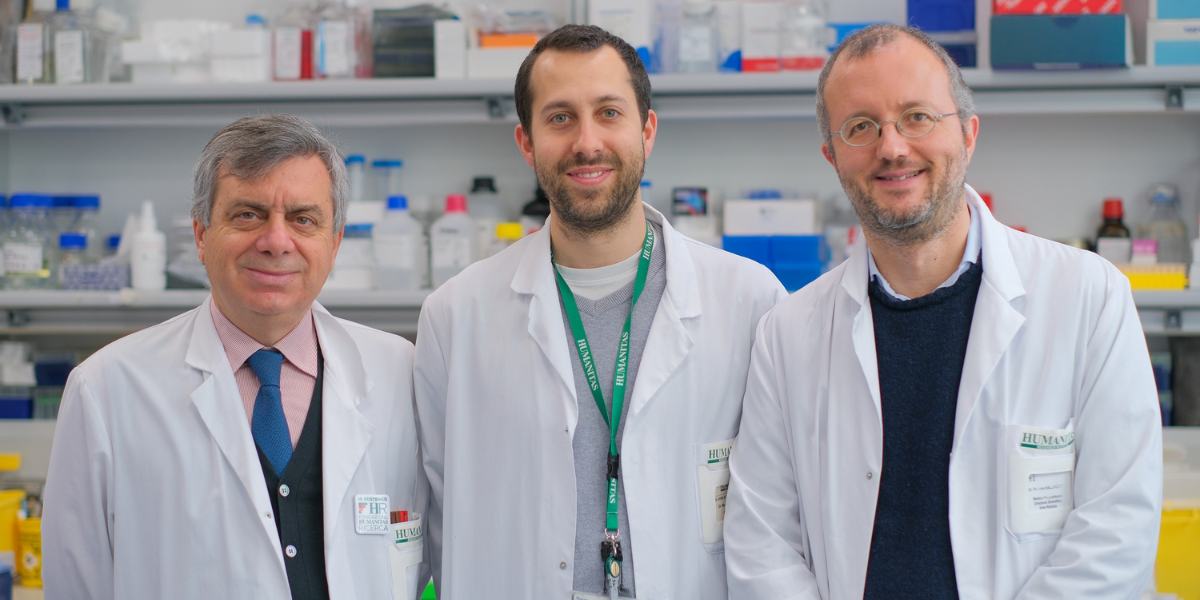
Tuesday, May 20 – 7:30 PM (the event will be held in English)
Ostello Bello Grande – Via Lepetit 33, Milan.
Hundreds of millions of years ago, mammals developed a new way to reproduce: a permeable placenta that replaced impermeable eggshells. This transformation revolutionised the immune system, impacting our health, our susceptibility to disease, and even our place in evolutionary history.
During this event, we will explore what makes us human (or mammal) and how this understanding can contribute to new therapeutic approaches.
The event will be led by Marinos Kallikourdis, Associate Professor of Immunology at Humanitas University and Group Leader at IRCCS Istituto Clinico Humanitas. After earning a degree in Natural Sciences and a PhD in Immunology from the University of Cambridge, he established his research group in Milan. Since 2015, he has been a professor at Humanitas University, where he studies the immune system’s role in cardiovascular and metabolic diseases, developing innovative therapeutic strategies.
